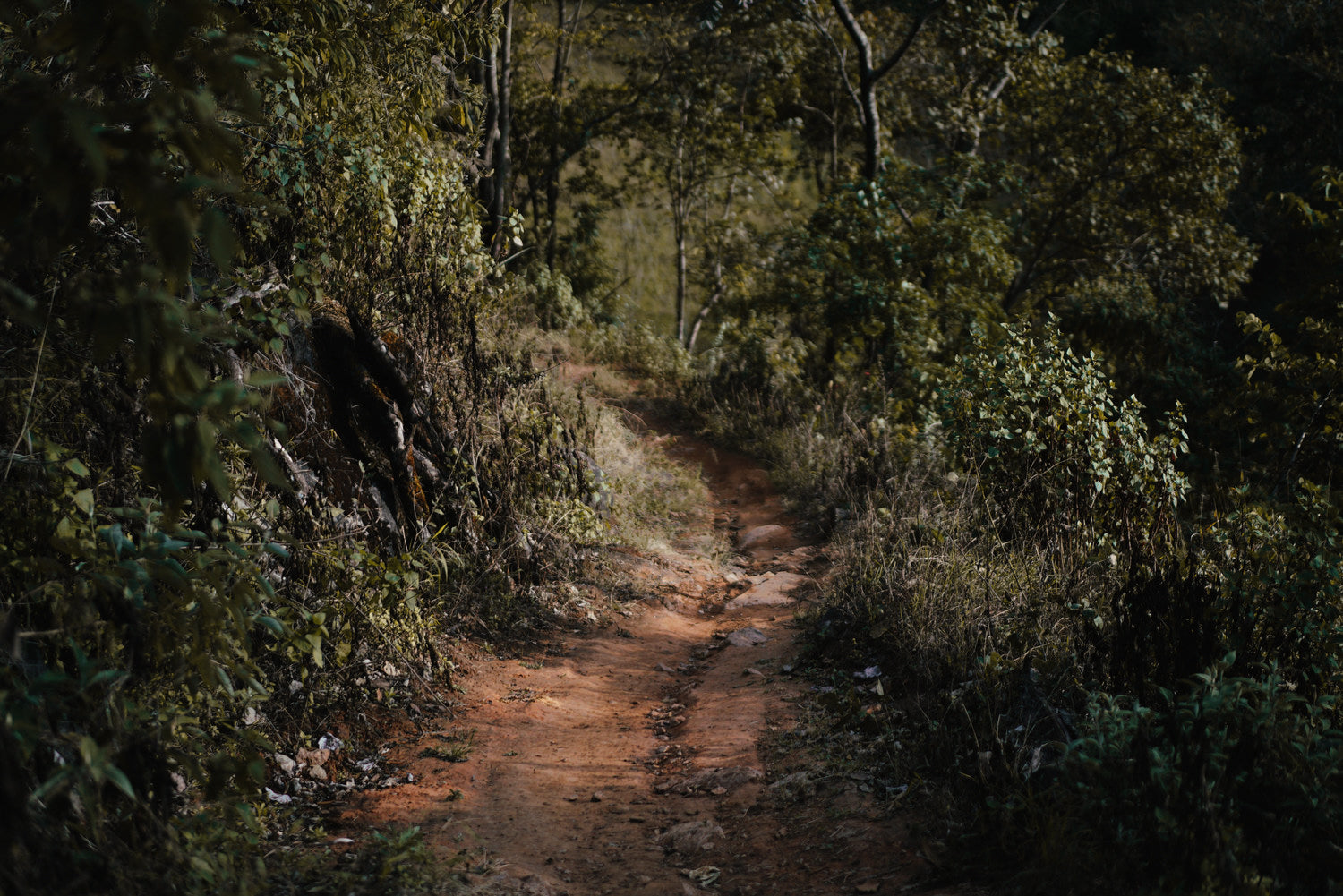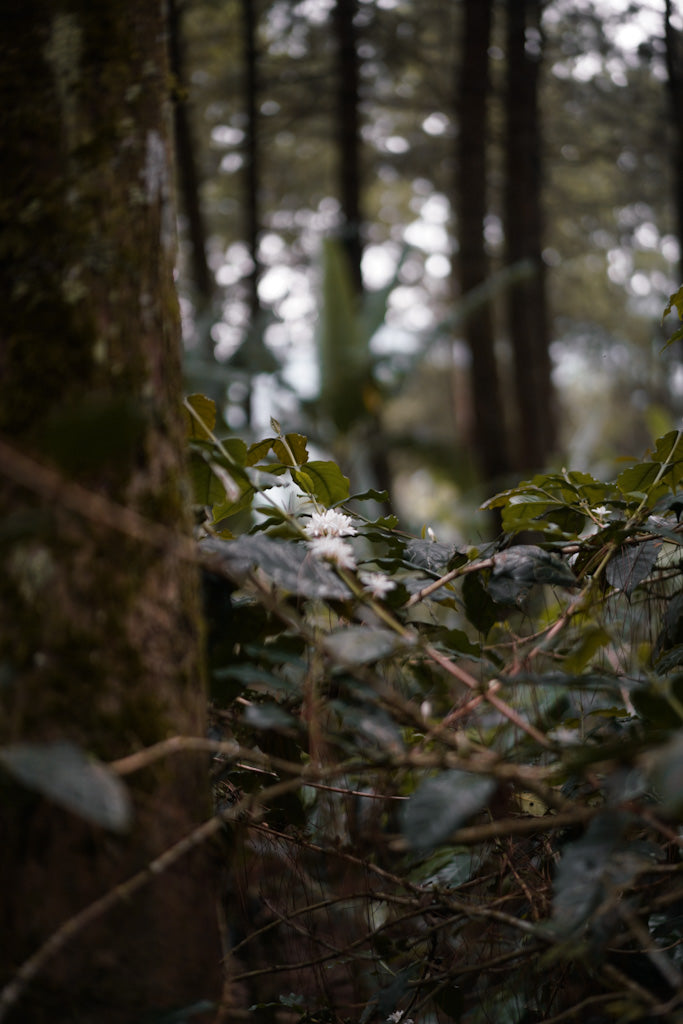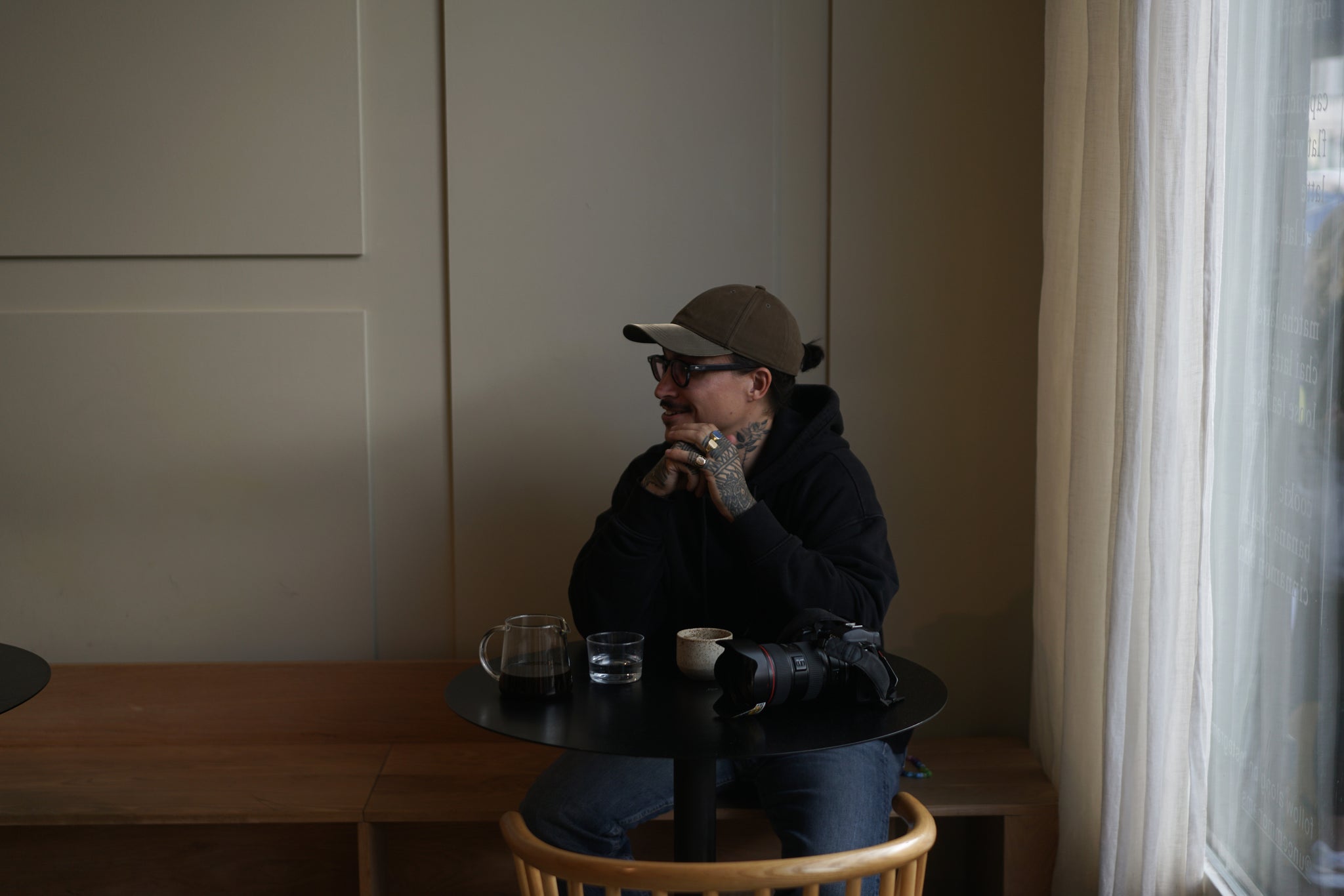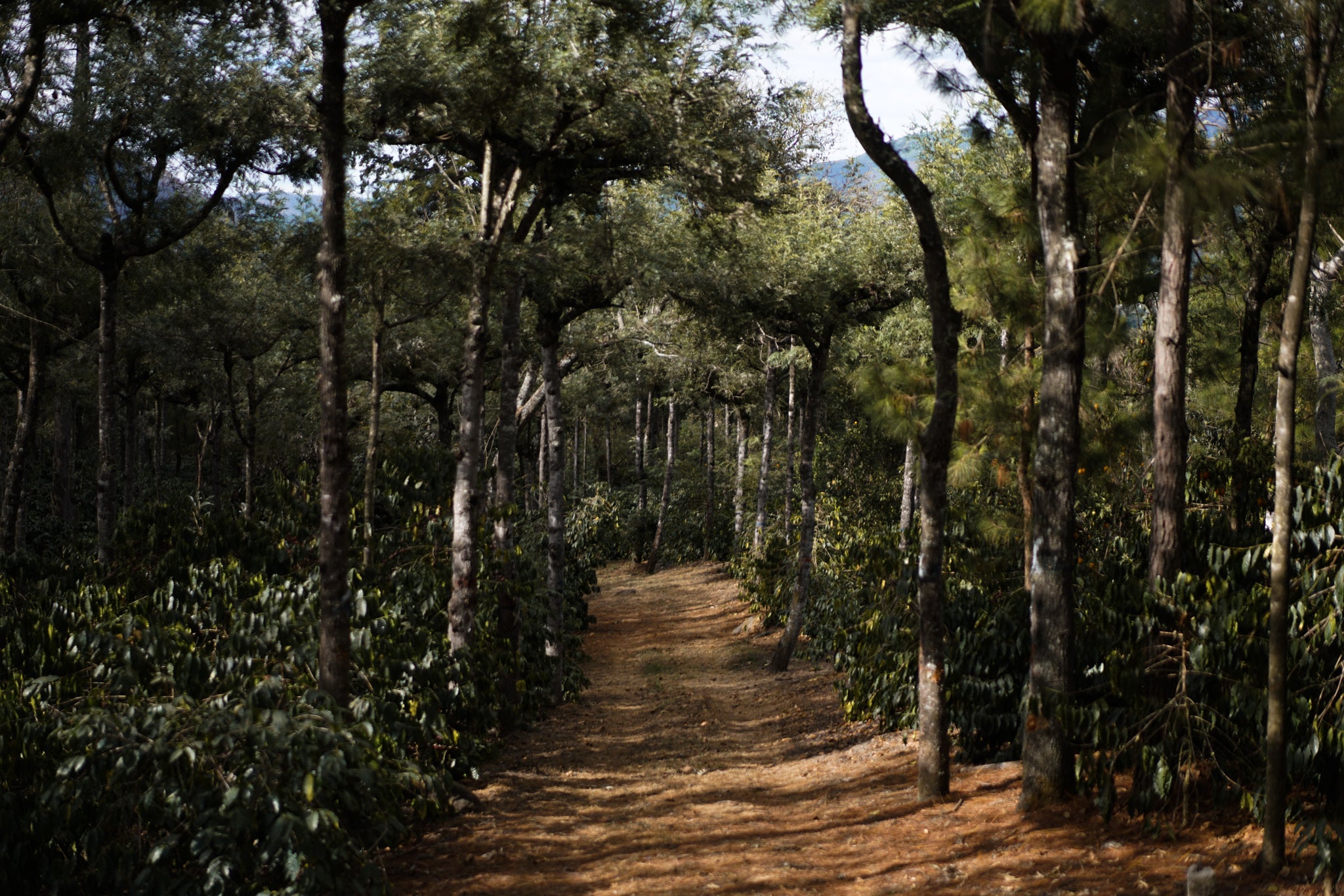Each year, during our visits to origin, we connect with our producers to find out where we can contribute most effectively. A little while back we visited the coffee communities we work with in Myanmar and had a fantastic experience getting to know the passionate people in Ywangan, Hopong and Pyin Oo Lwin.
When we visited communities near Hopong, located close to the Thai border, we were warned about the suboptimal security in this area. Meet-ups with producers were strictly limited to day time hours and overnight stays were not allowed this time. The reason for the safety concerns were directly linked to the secretive production of poppy plants.
Right behind Afghanistan, Myanmar is the second biggest source of opium production in the world, with the Shan State (where Hopong is located) being the main hub. Papaver Somniferium, commonly known as the ‘poppy plant’ has a growth cycle of 120 days. In the last phase, the petals of the flower fall away and leave a green pod the size of an egg that produces opium. The sap inside the pod is extracted by the farmer, which quickly turns into a gum like substance. The opium is then wrapped in leaves and ready to enter the black market.
Many coffee producers in Hopong have resorted to planting a hidden plot of poppy plants, as a last measure to supplement their income. Commodity coffee and other crops wouldn’t yield enough profit to cover basic needs. It’s needless to say, that entering the world of forbidden substances is a risky business. Families receive nightly visits from drug lords, or occasionally by government authorities who completely destroy their illegal production.
When Winrock International and USAID started implementing agricultural projects and supporting coffee farmers in Myanmar, word got around quickly. The communities in the area copied some of the best practices of neighbouring villages and saw that improving the quality of coffee and elevating to the specialty market could be a safe way out. Although huge steps have been made in diminishing the poppy production, farmers are often reluctant to fully trust relying on international markets, especially with such a fragile political system in place.
To accelerate this progress we have decided to support the eradication of these unsafe practices in the communities we work with. Through our friends at 'This Side Up' we have been able to donate €3,800 to invest in the Long Hay community however they see fit. So far, the funds have helped our main point of contact at Indigo Mountain, Khun Kyaw Min Htike, travel to India to develop knowledge in coffee agriculture and make a plan on how best to upgrade the farms in Hopong in a regenerative and genetically smart way. Whenever you buy a bag of this coffee from us you are supporting this initiative and the people of the Long Hay community.
Thank you for being part of this journey!







